When market uncertainty strikes, investors often seek stability in value stocks, and Kroger stands out as an excellent choice. Despite recent market volatility, Kroger’s stock has remained resilient, outperforming its peers and offering a compelling investment case. This article explores why Kroger excels in challenging economic conditions, emphasizing its robust business model, valuation, and dividend appeal.
Why Kroger Thrives During Market Downturns
Kroger’s success lies in the essentials it provides. As a leading retailer, it focuses on necessities rather than luxury goods, making it well-positioned to weather recessions and bear markets. In times of economic hardship, consumers cut back on luxuries like cruises and high-end gadgets but continue purchasing groceries and other staples—Kroger's specialty.
Moreover, value stocks like Kroger attract investors seeking refuge from the risks associated with high-growth tech stocks. Its reputation as a reliable performer makes it a go-to choice during turbulent times.
Valuation: Kroger’s Competitive Edge
Kroger is reasonably valued compared to the broader market:
- Current PE Ratio: 17.75, aligned with historical averages.
- Forward PE Ratio: 14, indicating an attractive valuation compared to the S&P 500’s average PE of 25.
This valuation positions Kroger as a stock that offers both stability and growth potential, outperforming the S&P 500 with a five-year performance of 116%.
Dividend Appeal
While Kroger isn’t classified as a high-yield dividend stock, its dividend is above average:
- Dividend Yield: Higher than the S&P 500’s average, providing consistent income.
- Growth Potential: Kroger’s dividend may not compete with REITs offering 5%+ yields, but it still contributes to overall portfolio returns.
This combination of decent yield and reliable performance makes Kroger a smart addition to diversified portfolios.
Why Diversification Matters
Tech stocks often deliver impressive growth during bullish markets, but they can falter in downturns. Diversifying with value stocks like Kroger ensures your portfolio has a mix of stability and growth. While Kroger may not offer the rapid upside potential of high-growth stocks like Nvidia or AMD, it serves as a safety net during bearish trends.
Comparing Kroger to Competitors
Although competitors like Walmart and Costco also cater to consumer necessities, they differ significantly in valuation:
- Walmart: PE of 36, indicating growth-focused pricing.
- Costco: PE of 50, positioned as a growth stock rather than value.
These valuations highlight Kroger’s unique appeal as a true value stock—well-suited to protecting your portfolio during market downturns.
Final Thoughts
Kroger’s resilience, fair valuation, and steady dividend make it a compelling choice for value-focused investors. As market uncertainty persists, Kroger’s essentials-based business model ensures it remains a reliable performer, offering stability in challenging times.
For long-term investors seeking diversification and security, Kroger is a solid addition to your portfolio. Keep in mind that while recessions can impact all stocks, Kroger’s fundamentals position it better than most to navigate bear markets successfully.
Disclaimer: This article is for informational purposes only and does not constitute financial advice. Always consult a professional before making investment decisions.
https://youtu.be/kiE8jiU_M7Y?si=x9YsHafS7ynsJfPe
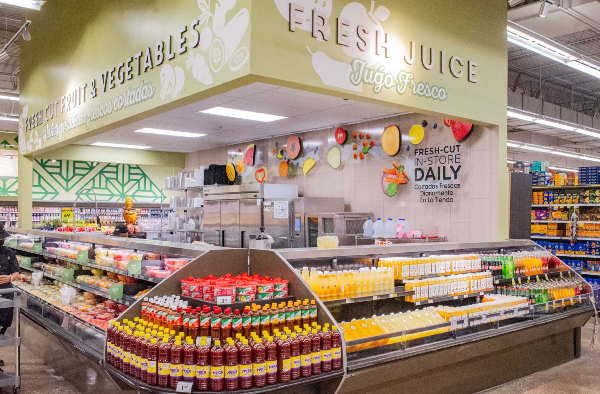






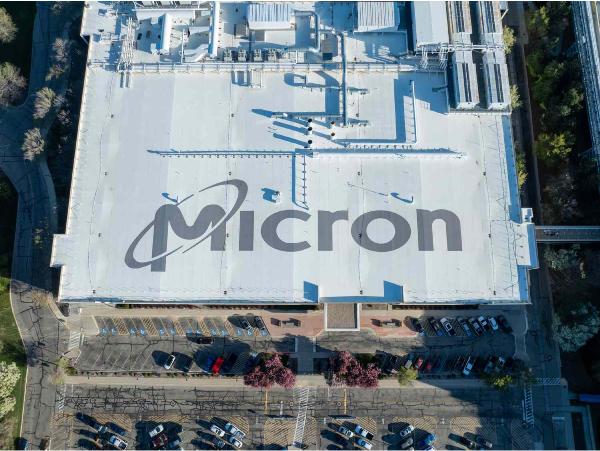

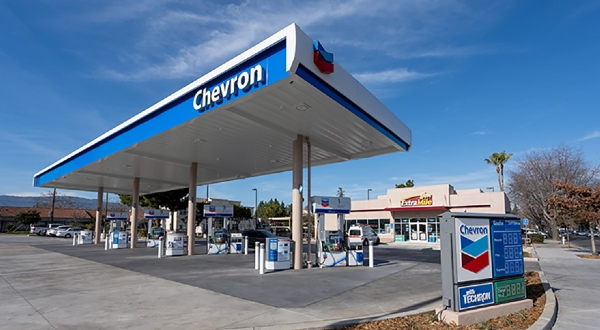
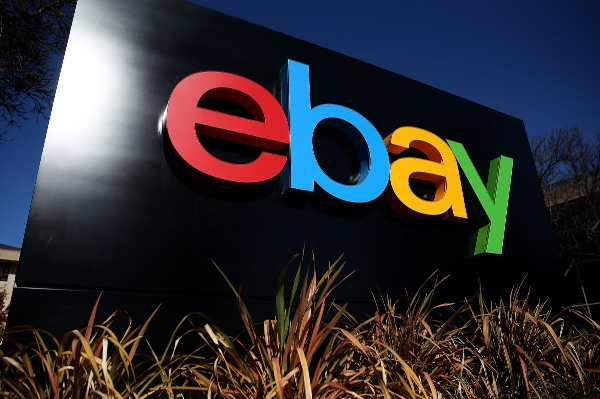
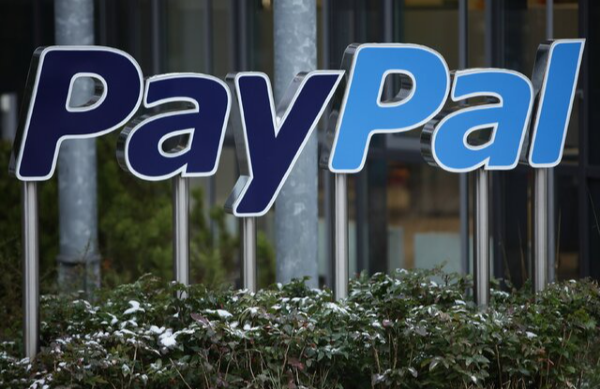





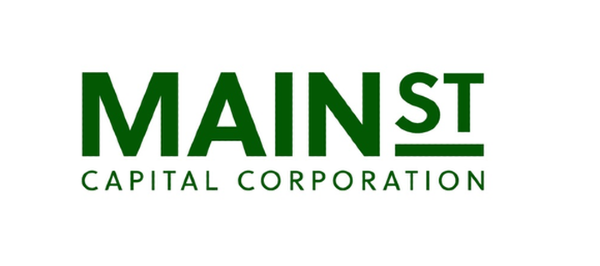

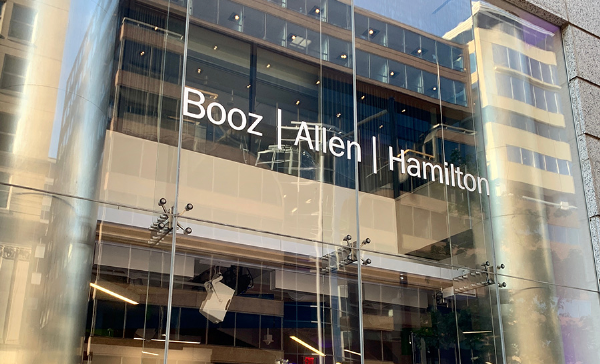

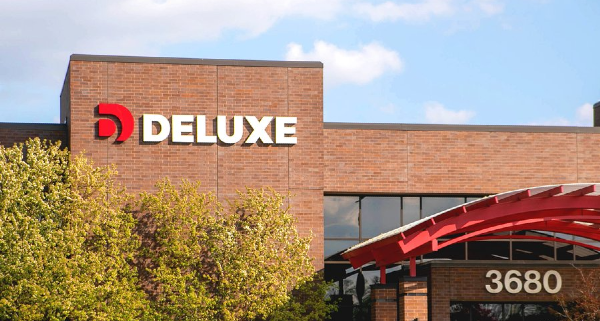
When market uncertainty strikes, investors often seek stability in value stocks, and Kroger stands out as an excellent choice. Despite recent market volatility, Kroger’s stock has remained resilient, outperforming its peers and offering a compelling investment case. This article explores why Kroger excels in challenging economic conditions, emphasizing its robust business model, valuation, and dividend appeal.
Why Kroger Thrives During Market Downturns
Kroger’s success lies in the essentials it provides. As a leading retailer, it focuses on necessities rather than luxury goods, making it well-positioned to weather recessions and bear markets. In times of economic hardship, consumers cut back on luxuries like cruises and high-end gadgets but continue purchasing groceries and other staples—Kroger's specialty.
Moreover, value stocks like Kroger attract investors seeking refuge from the risks associated with high-growth tech stocks. Its reputation as a reliable performer makes it a go-to choice during turbulent times.
Valuation: Kroger’s Competitive Edge
Kroger is reasonably valued compared to the broader market:
This valuation positions Kroger as a stock that offers both stability and growth potential, outperforming the S&P 500 with a five-year performance of 116%.
Dividend Appeal
While Kroger isn’t classified as a high-yield dividend stock, its dividend is above average:
This combination of decent yield and reliable performance makes Kroger a smart addition to diversified portfolios.
Why Diversification Matters
Tech stocks often deliver impressive growth during bullish markets, but they can falter in downturns. Diversifying with value stocks like Kroger ensures your portfolio has a mix of stability and growth. While Kroger may not offer the rapid upside potential of high-growth stocks like Nvidia or AMD, it serves as a safety net during bearish trends.
Comparing Kroger to Competitors
Although competitors like Walmart and Costco also cater to consumer necessities, they differ significantly in valuation:
These valuations highlight Kroger’s unique appeal as a true value stock—well-suited to protecting your portfolio during market downturns.
Final Thoughts
Kroger’s resilience, fair valuation, and steady dividend make it a compelling choice for value-focused investors. As market uncertainty persists, Kroger’s essentials-based business model ensures it remains a reliable performer, offering stability in challenging times.
For long-term investors seeking diversification and security, Kroger is a solid addition to your portfolio. Keep in mind that while recessions can impact all stocks, Kroger’s fundamentals position it better than most to navigate bear markets successfully.
Disclaimer: This article is for informational purposes only and does not constitute financial advice. Always consult a professional before making investment decisions.
https://youtu.be/kiE8jiU_M7Y?si=x9YsHafS7ynsJfPe